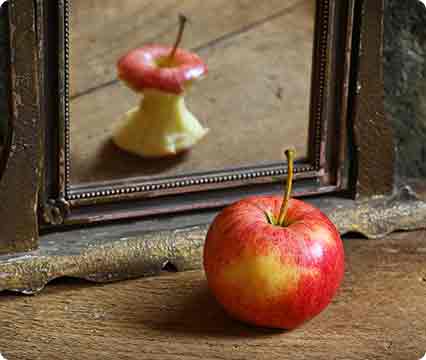Effect of the perception of breakfast consumption on subsequent appetite and energy intake in healthy males
In this 2021 study, subjects were given placebo breakfasts with very low energy content to test its effect on appetite over time and on their food intake at lunch. A total of fourteen healthy males took part in this experiment. They were randomly assigned to one of three types of breakfasts: water only; a whole-food breakfast; or a very low-energy placebo version composed of flavored squash, and xanthan gum. The placebo breakfast contained around 16 kilocalories (kcal), while the whole-food breakfast had ~ 573 kcal. The study found that people who had the whole-food breakfast consumed less for lunch than individuals who were only given water for breakfast. In terms of total energy intake over both breakfast and lunch, those given the whole-food breakfast reported higher cumulated energy consumption than both the water-only and placebo groups. Higher total energy intake was seen in participants in the low-energy placebo group, compared with the water-only group (1554 kcal vs. 1093 kcal). This study concludes that eating a very low energy placebo breakfast did not affect how much the participants ate for lunch but could reduce the total energy accumulated over breakfast and lunch. Having a low-energy breakfast may also help lessen the appetite jump they would hypothetically experience if they skipped breakfast. [NPID: skipping breakfast, water, placebo, low energy breakfast, perception, energy intake, eating, guidelines, calories, kilocalories]
Year: 2021
 Navigation
Navigation






